Books.
-
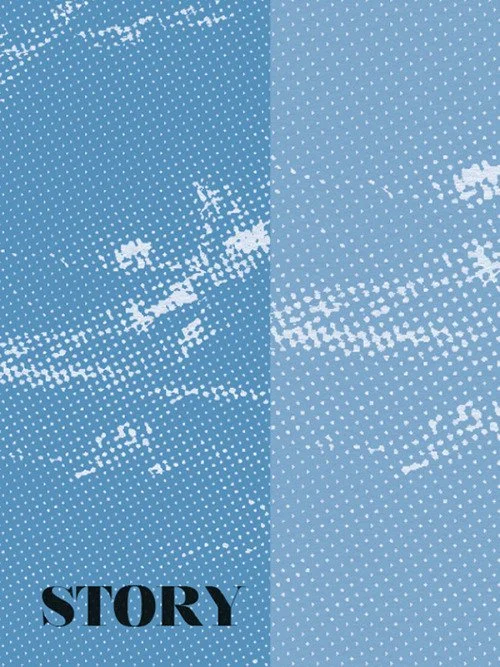
Story.
Ugly Duckling Presse, 2019
Story is a brilliant antidote to closure and the tyranny of narrative. — Brenda Coultas
-
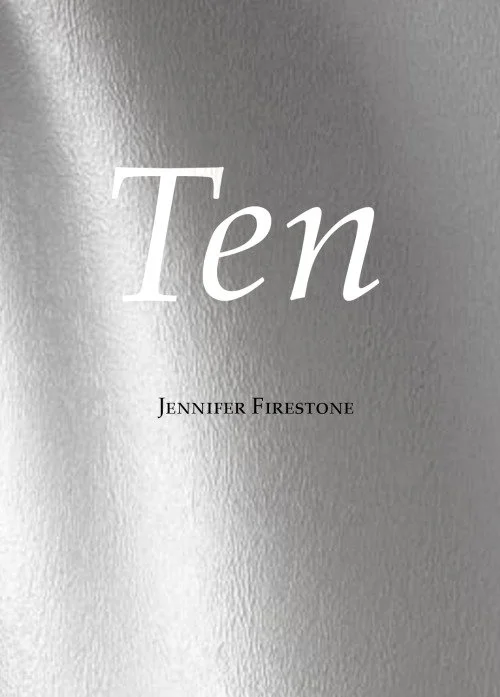
Ten.
BlazeVOX, 2019
Using her recovering body as a constraint for poetic inspiration, Jennifer Firestone has written poems that are limpid, elemental, tranquil, and full of light. — Cathy Park Hong
-
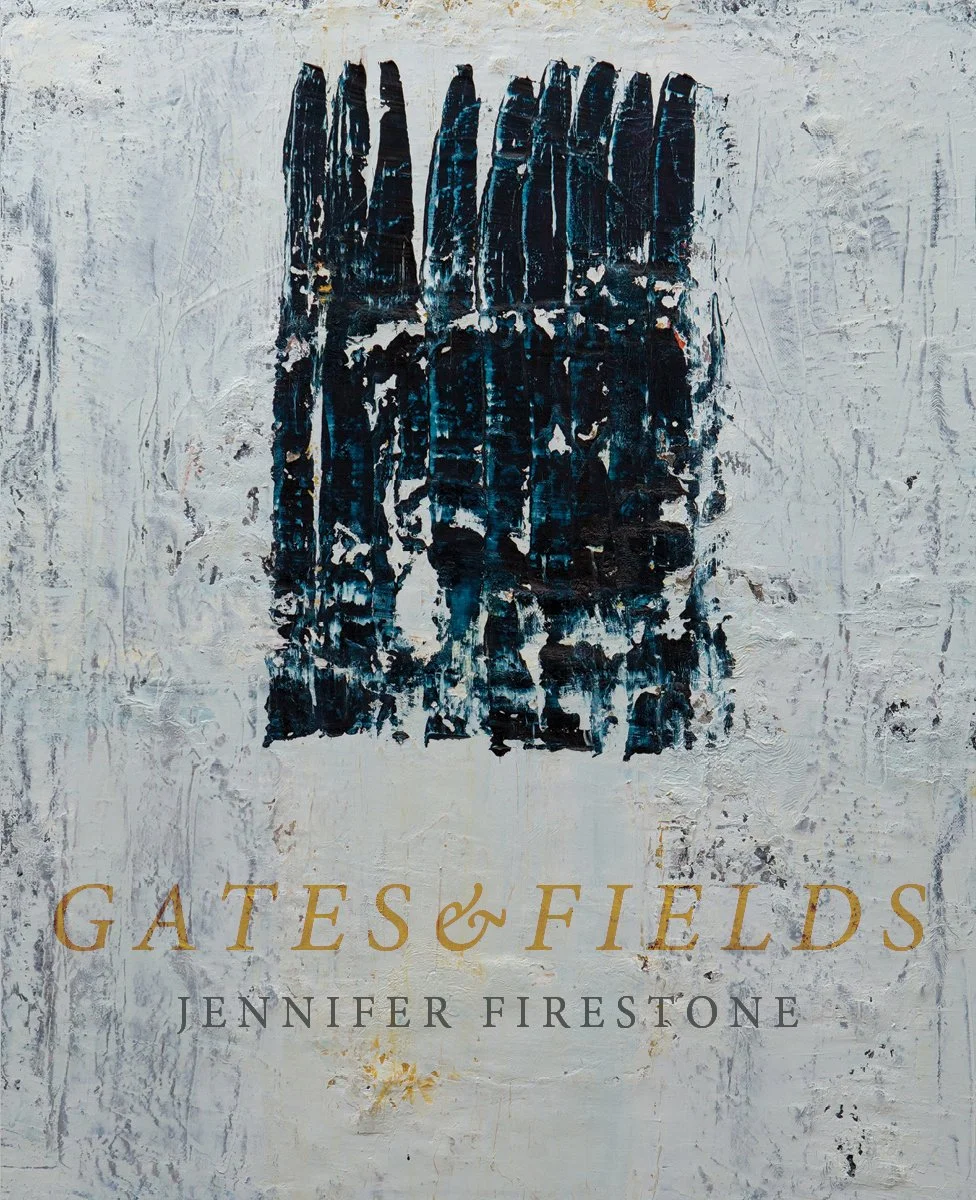
Gates & Fields.
Belladonna*, 2017
Named one of the best books of 2017 by The Brooklyn Rail.
In Gates & Fields, Jennifer Firestone conjures Emily Dickinson to serve as the Virgil of this brave lyric sequence, guiding the poems through the fierce silences at the heart of grief. Firestone is a poet who feels her way forward, and her spare language and intense images cast a vital, vitalizing light across the landscape of loss. — Susan Howe
-
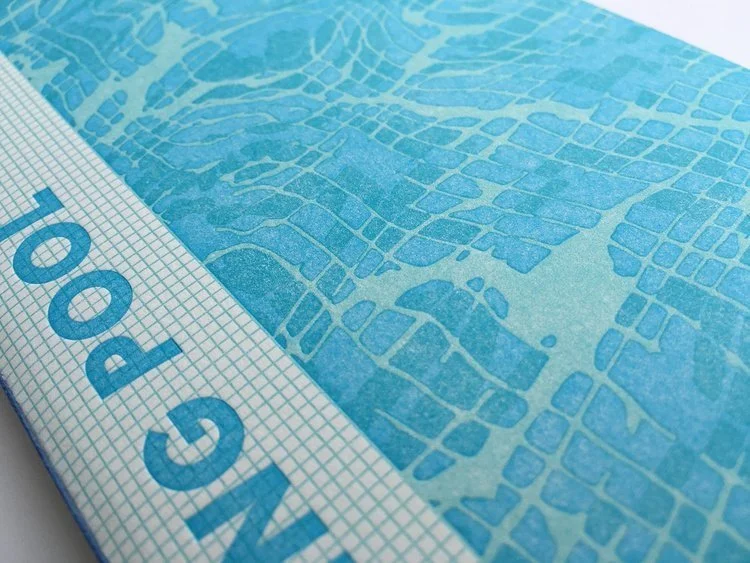
Swimming Pool.
Doublecross Press, 2016
“Encountering Swimming Pool, I finally realize, after years of reading her work, that Firestone’s radical poetics dovetails with the philosophical undertaking of the idea of “affect”—slippery states of responses and intensities relating between and emanating from bodies.“ — Jill Magi
-

Flashes.
Shearsman Books, 2013
In brilliant Flashes, Jennifer Firestone uncovers the stasis behind the distractions of the world we’re told is ours now. Her message is too acute to be obscured by those who “make sure all words coil in worldly filtered projections.” Instead, from a place where trees are “smaller infrastructures,” the air is “boxes lived in,” and space is a “word,” she lights a possibility for a more genuine wilderness of thought. — Marcella Durand
-

Letters To Poets: Conversations About Poetics, Politics, and Community.
Saturnalia Books, 2008
In the age of the quick email, it is wonderful to pick up the heft of Letters to Poets, by poets, and for poets. Here are epistles that demonstrate that the pleasures of poetry are clustered around the pleasures of thinking with others. — Julianna Spahr
-
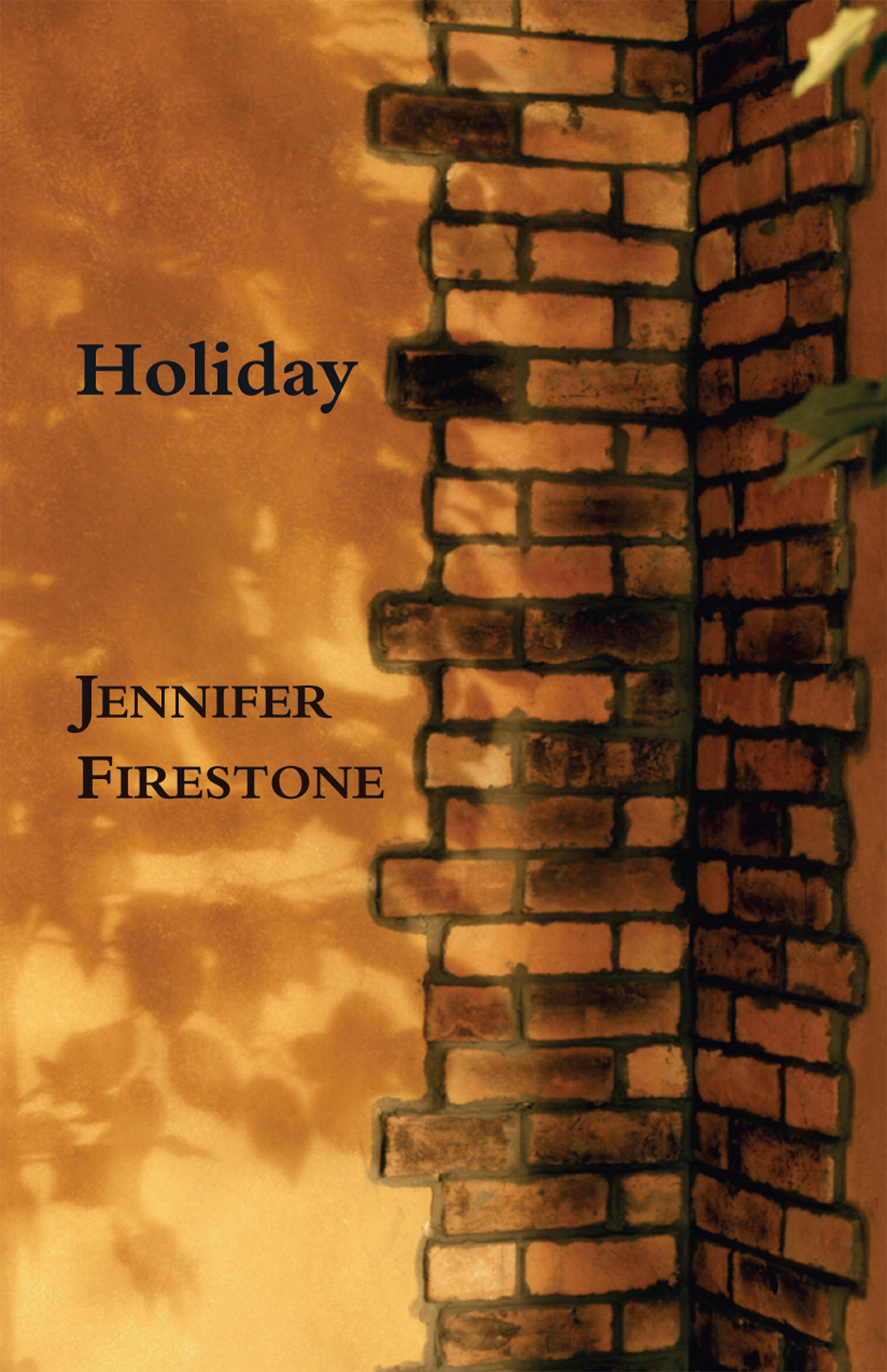
Holiday.
Shearsman Books, 2008
The poems in Holiday are not at ease. This is not a daybook of observations of another culture, but an anxious interrogation of what it means to be an individual (tourist) participating in one of the world’s largest industries — Stacy Szymaszek